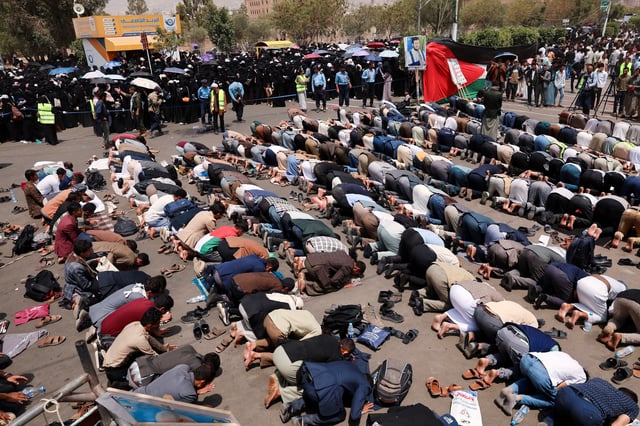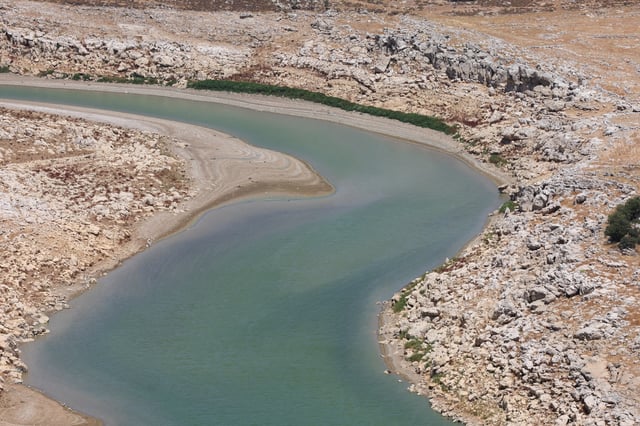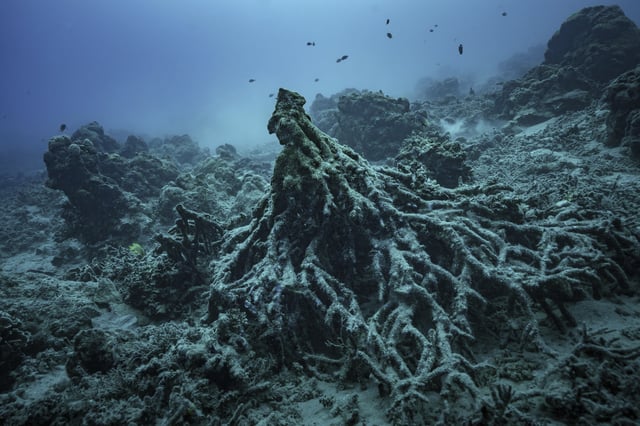Overview
- On July 23, 2025, the International Court of Justice delivered its first advisory opinion on climate, outlining states’ duties to protect the environment for present and future generations.
- The UN General Assembly referral, led by Vanuatu and backed by 132 co-sponsors, tasked the ICJ with answering two questions on emission reduction obligations and legal consequences for harmful acts or omissions.
- Although non-binding, legal experts say the opinion’s moral and political weight will guide future climate litigation, shape national policies and inform UN negotiations.
- More than 100 states and organizations made oral submissions during December hearings in The Hague, marking the largest-ever case driven by Pacific island and other vulnerable nations.
- Major emitters including the United States and India argued that existing UNFCCC and Paris Agreement frameworks suffice, while smaller states pressed for clearer standards and reparations.



